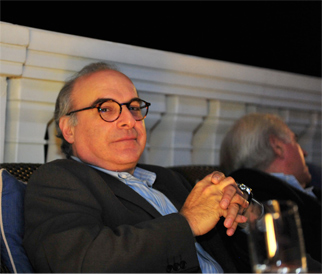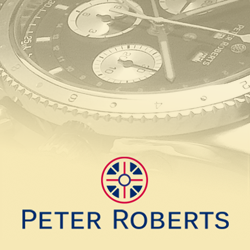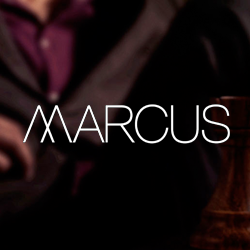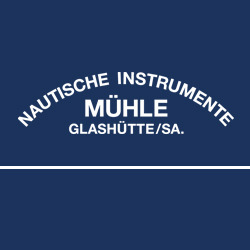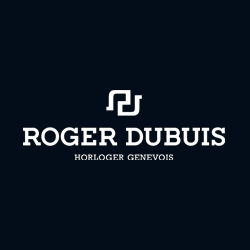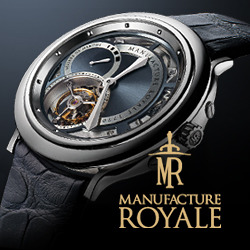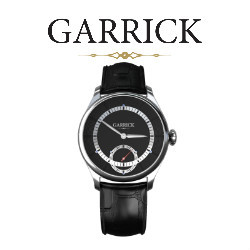Patrick Chu arrives holding a slim briefcase. We’re sitting in a Manhattan coffee shop, nothing fancy, just a place where the city’s worker bees can grab a swift latte to take back to the office, maybe a tuna melt for lunch. The lack of pretence isn’t what you’d expect from the purveyor of some of the world’s most exclusive – and expensive – fountain pens. It doesn’t prepare you for what follows.
That briefcase holds a dozen Loiminchay pens, each in its own compartment. A quick calculation values its contents at over $40,000. “This,” he says, with barely contained enthusiasm, “is the Mandarin Supreme. It took longer to make than we expected.” You don’t have to know a thing about writing implements to appreciate the breathtaking beauty of the eye-searing-yellow ink torpedo he’s cradling like a new-born baby. Its size alone – a massive 6.5in from end to end – tells you that you’ll need deep pockets for it in more ways than one. “The cadmium yellow lacquer – we finally found precisely the right colour, and a way to make it durable…”
He drifts off a bit, lost in the pen itself. Hard to believe, perhaps, but it’s precisely the sort of objet d’art which has that effect on observers. As the latest in a series of limited edition, hand-made pens, the Mandarin Supreme is part of a tradition barely two years old. Chu only launched Loiminchay – the name combines the Chinese characters for “internal core issue”, “understanding” and “space” – in early 2001, but has already won awards and earned magazine covers for the pens.
In rapid succession, he’s delivered the YuQi collection of 257 pens finished in rare Urushi lacquer with colour schemes from the T’ang Dynasty, the $9500 Golden Lotus bearing erotic drawings in Maki-e finish, in an edition of only 69 pieces, and 220 Qian Long pens honouring the 18th Century emperor which gives the line its name. Released just prior the Mandarin Supreme was the Zitan, its barrel made from the world’s rarest wood, a form of rosewood found only in India’s most remote regions. Only 200 will be made.
Differing in finishes, the pens share a common barrel shape, reminiscent of the Chinese art Chu reveres so passionately. Another signature of Loiminchay pens is the carved in the shape of a dragon and available in precious metals or pure jade in assorted colours. All Loiminchay pens are fitted with two-tone 18k gold and rhodium nibs, the ink arriving at the nib through an ebonite feeder. And each bears its own serial number on its base.
Chu co-ordinates what is a genuinely multinational effort from his office in Manhattan, synchronising the assembly of pens which use nibs from Germany, ebonite barrels shaped in France, jade clips from China, and lacquer finishes from Japan. Overall assembly takes place in France, with final quality control undertaken by Chu himself in New York. “With the Mandarin Supreme, like the Golden Lotus, there is only one master who can apply the lacquer. That’s why this pen has taken so long to produce.” Chu explains that the lacquer has to be built up layer by layer, to give both richness and depth to the colour and durability to the finish.
If it seems that such finicky production is a tad masochistic, Chu concurs. “We found with the Zitan that different climates – too dry, too humid – may possibly have an effect on the wood itself. So I ended up stocking 200 spare barrels just in case any Zitan barrels ever need replacement due to climatic change.” But Chu perseveres because he’s just like his clients: an inveterate pen collector producing the sort of pens he wants to own. And he’s only just started making these objects of his own desire.

The Mandarin Supreme is available in an edition of only 115 pieces. Versions will include 50 with silver clips, 15 with clips finished in gold vermeil, five with 18k pink gold, 20 with white jade clips and 10 in precious green jade, along with three sets containing one of each of the five pens. Prices will range from $2500 to $4200 depending on clip, while the set of five pens costs $17,000. The Zitan, available in a series of 100 each with black or coral ebonite trim, will also sell for $2500 to $4200 depending on clip.
(Boom, Issue 2, 2002)
